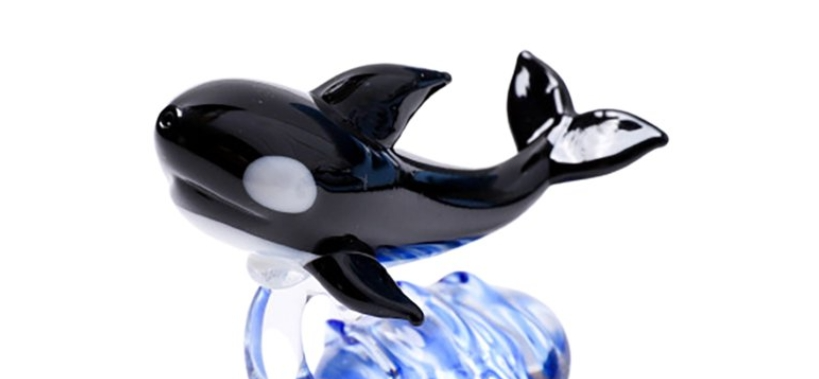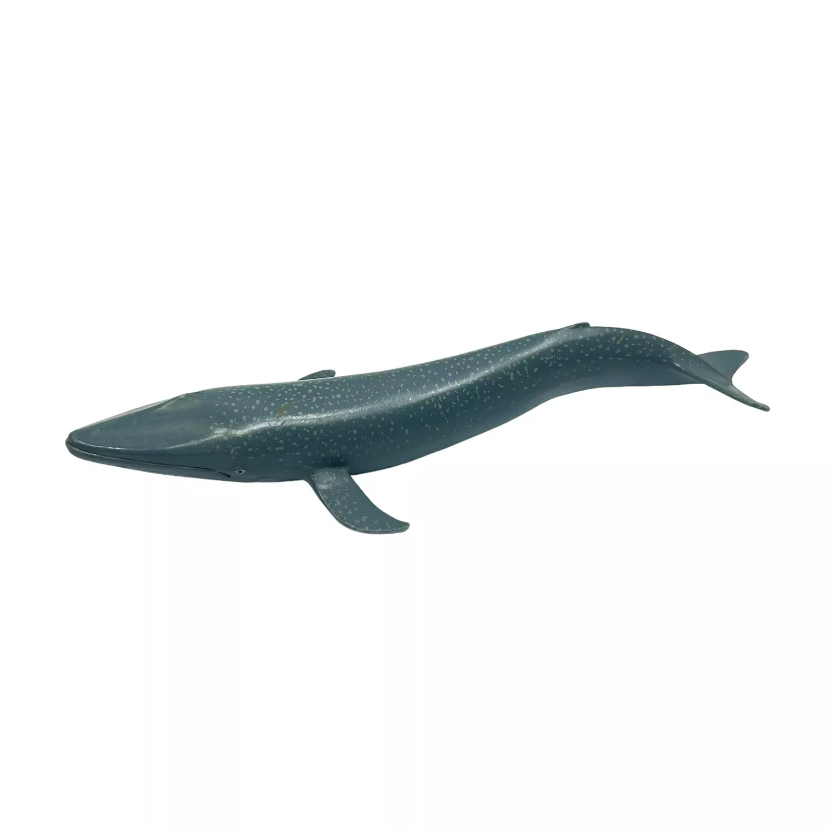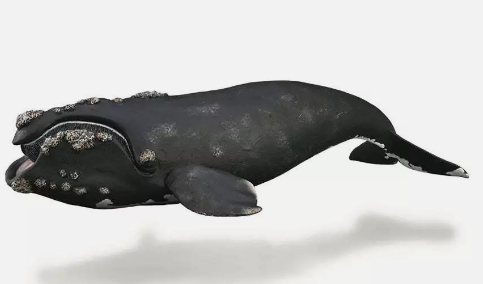Whales are an important part of the Marine ecosystem, and the study of whale models aims to deeply understand their biological characteristics, ecological behavior and their impact on the environment. Whale models help scientists analyze the effects of different ecological factors on whale populations by simulating their migration, feeding habits and reproductive behavior. For example, models can predict how changes in food resources will affect the distribution and reproductive success of whales.
In addition, whale models can be used to assess the impact of human activities such as shipping, whaling and Marine pollution on whale habitats. Through data analysis and simulation, researchers can develop more effective conservation strategies to reduce the negative impact of humans on whales and their ecosystems.
The construction of whale models requires multi-disciplinary cooperation, including biology, ecology, Marine science, etc., which not only promotes the conservation research of whales, but also promotes the overall understanding of the health of Marine ecosystems. In this way, the whale model contributes to the harmonious coexistence of humans and Marine life.




